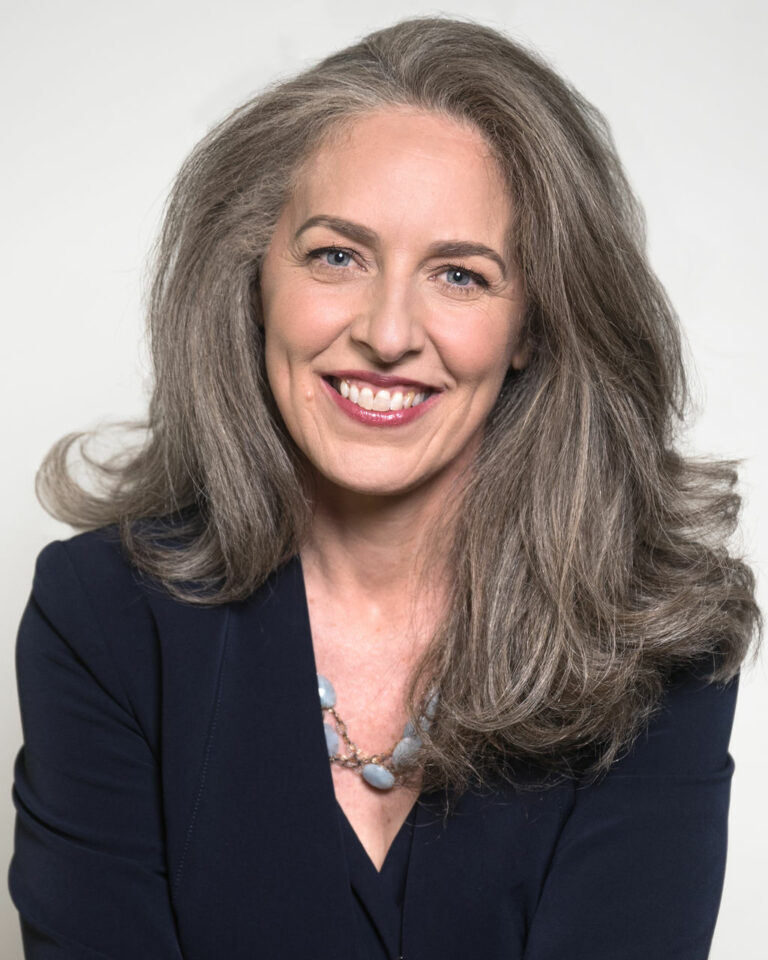Link to your individual collections by creating a new linklist in the Navigation section of the admin.
You can then have it appear here by choosing your new linklist under Customize Theme / Sidebar.

Show 1387: The Patient-Led Revolution in Health Care
For years, the reigning paradigm in health care has been “Doctor knows best.” Providers rarely sought input from patients about their needs or experience. That picture has been changing, though, as more people have been using online tools to band together and find solutions for themselves and their loved ones. Susannah Fox describes the patient-led revolution in health care.
The Patient-led Revolution in Health Care:
Joe, Terry and Susannah witnessed the birth of the participatory medicine movement. It was inspired by Dr. Tom Ferguson, who networked with physicians, patients, anthropologists and anyone else who was interested in helping health care become more accessible and attuned to patients’ needs. Doc Tom was convinced that ePatients could make health care better. Susannah Fox shows how many patients have figured out ways to make their needs more visible and get them met.
Seekers on the Hunt:
What do people do when faced with a new diagnosis or an unexpected health development? Some rely on whatever their physician or health care provider may tell them, but others feel like they’ll have more control if they can learn as much as possible about their situation. These people are Seekers, hunting down the information that they need to understand what is happening.
Susannah shares the story of Dave deBronkart, ePatient Dave. He became a Seeker when he was diagnosed with a potentially deadly kidney cancer. His primary care physician referred him to an online cancer patient support group through ACOR at the same time he was referred to an oncologist. The patients in the kidney cancer group told him about a treatment that might be appropriate. Dave followed up and it saved his life. He has now become an advocate for the patient-led revolution.
Networkers and the Online Diabetes Community:
Another aspect of the patient-led revolution comes clear with the story of Dana Lewis. Dana lives with type 1 diabetes and is therefore susceptible to the possibility of hypoglycemia while she sleeps. People with diabetes call this situation “dead in bed.” She has a continuous glucose monitor that can tell if her blood sugar drops too low, but its alarm wasn’t loud enough to wake her from a deep sleep. Dana is a Networker, so she learned from the online community about a way to hack into her device and get it to trigger an alarm loud enough to save her life.
Solvers Finding Ingenious Solutions:
The person who first figured out how to get the data from a continuous glucose monitor was a father trying to care for his child with type 1 diabetes. Networkers made sure anyone participating in the community could benefit from his discovery. The online diabetes community has made strides in getting access to the data these devices generate. People with other conditions, such as atrial fibrillation, have had less success so far.
Tal Golesworthy is another example of a Solver. In his work, he deals with boilers. He lives with Marfan’s syndrome, a rare disease that results in weakened cartilage not only in joints but in the aorta. His doctors had suggested an invasive surgery to address this condition, but Tal wondered whether treating it as a plumbing problem might work. He designed a device to wrap around the base of the aorta and reinforce it. The surgery to install it is far less complicated, and many other patients with Marfan’s syndrome have now benefited from the solution he came up with.
Research in the Patient-Led Revolution:
Patients are often aware of problems that providers have overlooked. Sometimes they band together to propose research that could help them cope with such situations. One of the most striking examples is Long COVID research. Patients participated in developing the protocol for an important study published in Nature Reviews Microbiology (April 17, 2023). It is unusual for patients to be involved in research to this extent. Often, patient groups have difficulty obtaining funding or getting their findings published where providers can learn from them. For that, they need Champions with access to resources such as money or scientific credibility. Dr. Eric Topol of the Scripps Institute was the Champion for the long COVID study.
Patients Getting Access to Their Data:
We already mentioned the diabetes online community finding ways to get access to their blood glucose data. Susannah describes the lengths patient Hugo Campos went to so that he could learn to manage the data from his implanted defibrillator. Most often, patients participating as volunteers for clinical trials do not have access to the data generated about them and their health. The informed consent documents often state that data belongs to the investigators, not the participants.
This Week's Guest:
Susannah Fox helps people navigate health and technology. She served as Chief Technology Officer for the US Department of Health and Human Services, where she led an open data and innovation lab. Prior to that, she was the entrepreneur-in-residence at the Robert Wood Johnson Foundation and directed the health portfolio at the Pew Research Center’s Internet Project. She is the author of Rebel Health: A Field Guide to the Patient-Led Revolution in Medical Care.
Her website is https://susannahfox.com/
[caption id="attachment_130826" align="alignnone" width="768"] Susannah Fox, author of Rebel Health: A Field Guide to the Patient-Led Revolution in Medical Care[/caption]
Susannah Fox, author of Rebel Health: A Field Guide to the Patient-Led Revolution in Medical Care[/caption]




